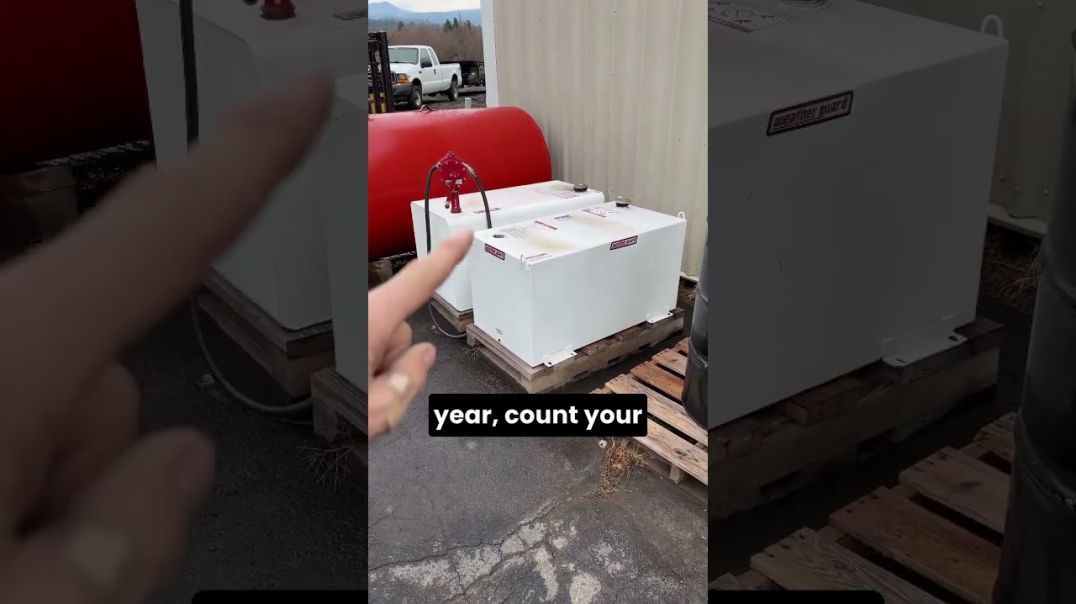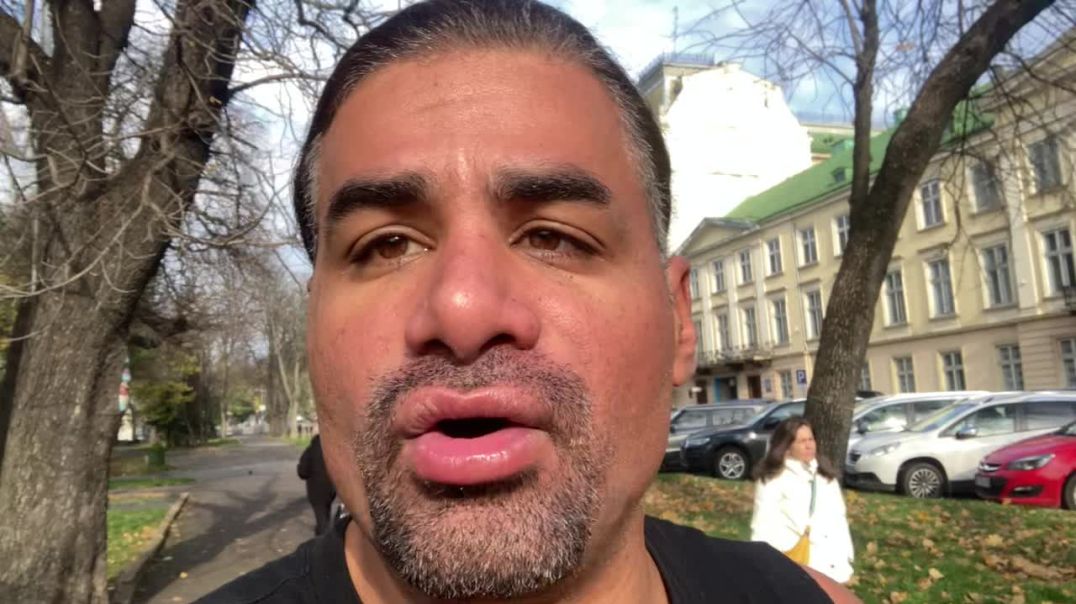Dear Creators, we are proud to announce an amazing affiliate program for you to earn some serious and continual cash. Read about our affiliate progarm here.
Caros criadores, temos o orgulho de anunciar um incrível programa de afiliados para vocês ganharem muito dinheiro de forma contínua. Leia sobre nosso programa de afiliados aqui.
Was defendant "in custody" for MIRANDA purposes following discovery of a firearm in a trash can?
The familiar Mirandawarnings are required for the “in-custody interrogation of persons suspected or accused of crime.” Miranda v. Arizona, 384 U.S. 436, 467 (1966) (emphasis added). And without those Miranda warnings, any statements made during a custodial interrogation are inadmissible in the prosecution’s case in chief. United States v. Leshuk, 65 F.3d 1105, 1108 (4th Cir. 1995). But so long as a defendant is not “in custody,”then statements made during an interrogation remain admissible, even if the defendant were not given Miranda warnings. The district court found that Leggette was not “in custody” when he made incriminating statements at the park. So Miranda warnings were not required and the statements were admissible. We agree and affirm <br> <br>“An individual is in custody for Mirandapurposes when, under the totality of the circumstances, ‘a suspect’s freedom of action is curtailed to a degree associated with formal arrest.’” United States v. Parker, 262 F.3d 415, 419 (4th Cir. 2001) (quoting Berkemer v. McCarty, 468 U.S. 420, 440 (1984)). This is an objective inquiry. J. D. B. v. North Carolina, 564 U.S. 261, 270–71 (2011); seealso Parker, 262 F.3d at 419 (“Custody determinations do not depend on the subjective views of either the interrogating law enforcement officers or of the person being questioned, but depend instead [on] the objective circumstances of the interrogation.”). <br> <br>A court asks two questions when determining whether a suspect’s “freedom of action is curtailed to a degree associated with a formal arrest.” See Parker, 262 F.3d at 19. “[T]he initial step,” Howes v. Fields, 565 U.S. 499, 509 (2012), is to ask “whether a reasonable person would have felt he or she was not at liberty to terminate the interrogation and leave.” United States v. Pressley, 990 F.3d 383, 388 (4th Cir. 2021) (quoting United States v. Hashime, 734 F.3d 278, 282–83 (4th Cir. 2013)); Keohane, 516 U.S. at 112(describing as “essential” to a custody determination the question of “would a reasonable person have felt he or she was not at liberty to terminate the interrogation and leave”). But this is just the first step. SeeMaryland v. Shatzer, 559 U.S. 98, 112 (2010) (“Our cases make clear . . . that the freedom-of-movement test identifies only a necessary and not a sufficient condition for Mirandacustody.”). If a reasonable person would not have felt at liberty to leave, then a court must still ask “the additional question [of] whether the relevant environment presents the same inherently coercive pressures as the type of station house questioning at issue in Miranda.” Howes, 565 U.S. at 509;see alsoUnited States v. Gardner, 823 F.3d 793, 801 (4th Cir. 2016) (rejecting custody because the questioning was not “the functional equivalent of a ‘stationhouse interrogation’”) <br> <br>Full case here: US v. Ervin Leggette, No. 21-4175 (4th Cir. 2023), https://law.justia.com/cases/f....ederal/appellate-cou <br> <br>Anton Vialtsin, Esq. <br>LAWSTACHE™ LAW FIRM | Criminal Defense and Business Law <br>https://lawstache.com <br>(619) 357-6677 <br> <br>Do you want to buy our Lawstache merchandise? Maybe a t-shirt? <br>https://lawstache.com/merch/ <br> <br>Want to mail me something (usually mustache related)? Send it to 185 West F Street, Suite 100-D, San Diego, CA 92101 <br> <br>Want to learn about our recent victories? <br>https://lawstache.com/results-notable-cases/ <br> <br>Are you are a Russian speaker? Вы говорите по-русски? <br>https://russiansandiegoattorney.com <br> <br>Based in San Diego, CA <br>Licensed: California, Nevada, and Federal Courts <br> <br>The San Diego-based business litigation and criminal defense attorneys at LAWSTACHE™ LAW FIRM are experienced and dedicated professionals singularly focused on one goal: achieving the best results for our clients. Through our hard work and expertise, we guarantee all of our clients that we will diligently protect their rights and zealously pursue justice. Our clients deserve nothing less!























SORT BY-
Top Comments
-
Latest comments